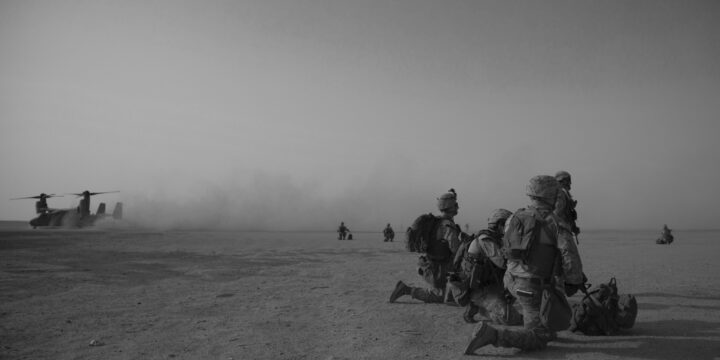January 14, 2021
Friday’s reduction to 2,500 troops in Afghanistan is a positive step
FOR IMMEDIATE RELEASE:
January 14, 2021
Contact: press@defensepriorities.org
WASHINGTON, DC—Tomorrow (January 15) is the deadline for the U.S. to drawdown its troop presence in Afghanistan to 2,500, as stipulated by the withdrawal deal signed between the Taliban and Washington last February. Defense Priorities Policy Director Benjamin H. Friedman issued the following statement in response:
“The on-time reduction of U.S. forces in Afghanistan to 2,500 is a rare bit of good news in recent U.S. foreign policy. That’s not because drawdown represents a victory, but because it’s an overdue recognition of failure. The war in Afghanistan, while initially successful in attacking Al-Qaeda and punishing the Taliban for hosting them, lasted at least 15 years too long.
“The drawdown should continue under the Biden administration, and full exit completed by May, as per the U.S.-Taliban agreement. Calls to keep troops there, perhaps relabeled as a counterterrorism force, would violate the deal and likely pull U.S. forces back into the civil war. Nor is their presence likely to make a Taliban peace deal with the Afghan government much more likely. Sadly, peace is unlikely—no matter what the U.S. does.
“There is no immaculate withdrawal option. But U.S. counterterrorism aims in Afghanistan can be met by a combination of intelligence, long-range strike capability, and threats to again punish Taliban leaders if they let Al-Qaeda terrorists operate.”
More on Asia

Featuring Lyle Goldstein
June 13, 2025







